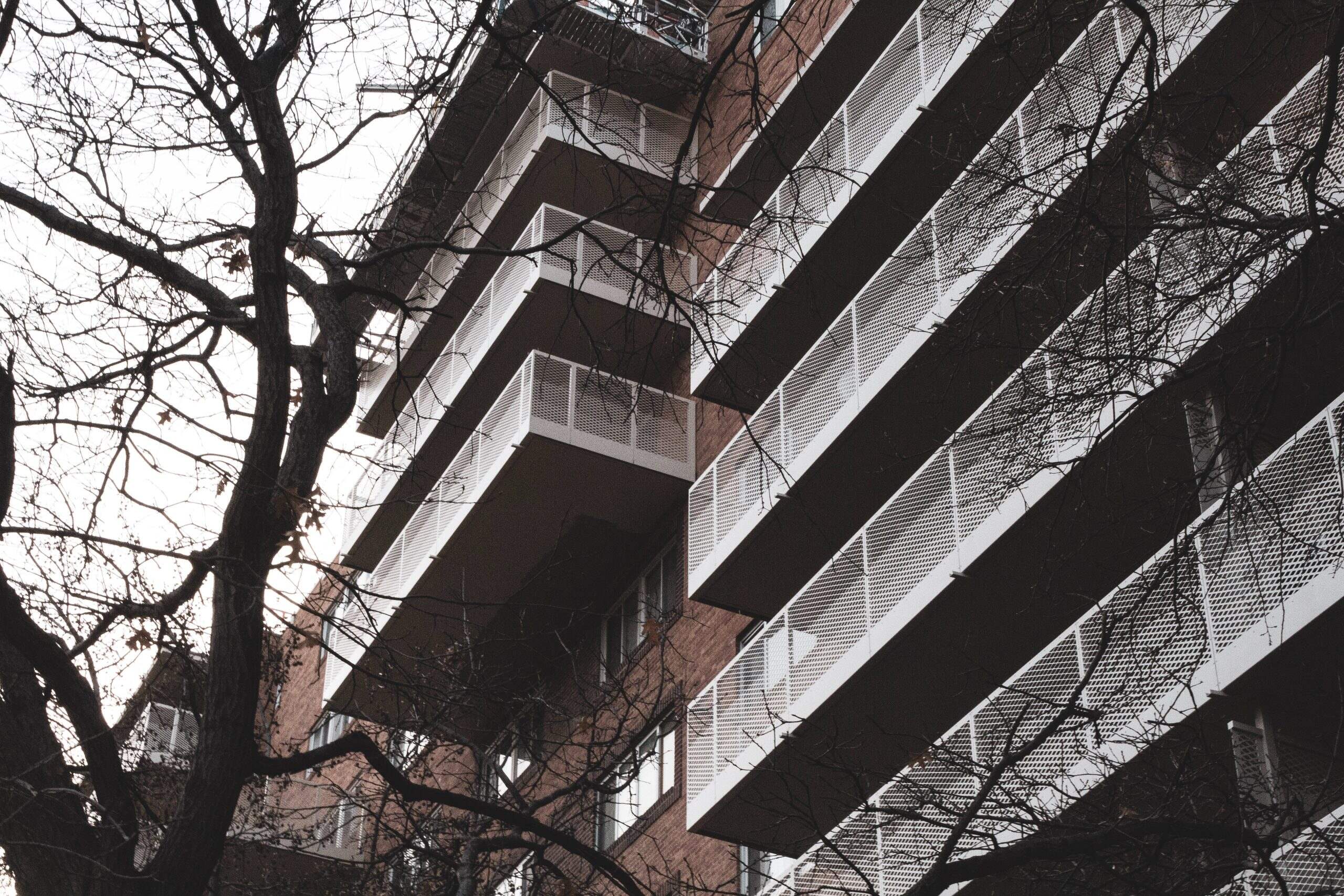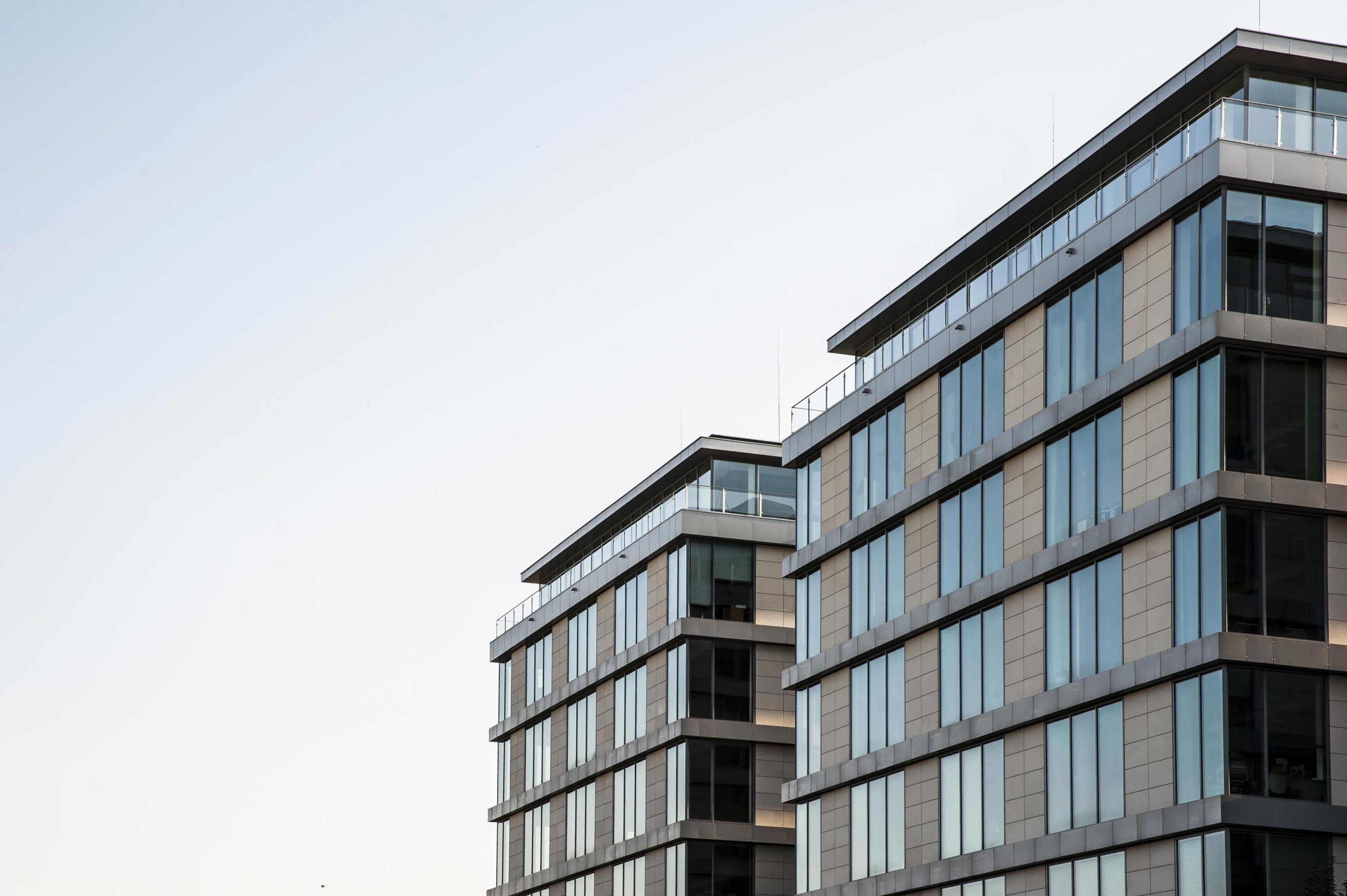Unauthorised subletting is one of the most common breaches of lease that we deal with at Brady Solicitors. In this latest expert advice blog, we highlight a recent case that considered whether or not a freeholder had the right to claim damages for a persistent sublet in breach of the lease.
It isn’t unreasonable to think you might be able to claim damages from a leaseholder that ignores their covenants and rents out their flat to a third party. Resolving such a subletting breach of lease issue can be time-consuming and expensive if it ends up in court.
The recent case of Almacantar & Anor v CID Investments (reported in detail here at Nearly Legal) considered a situation where the leaseholder (CID) had repeatedly and – one could argue – cynically breached the lease with a sublet that then became a sub-sublet.
The subletting began in 2016, 12 years after CID had purchased the flat. CID (via its property agent, Planet International) sublet the flat to a property company (AMM Properties) who then almost immediately sublet it to another company called Welk Homes.
The flat is in a London apartment block, where the lease expressly forbade subletting without consent. The covenants also required that the property be used as a ‘private residence’ for ‘one family only’.
At no point were the freeholders approached for consent.
Planet International continued to ‘manage’ the property, with a series of short-term sublets into 2019, including to unrelated residents.
The freeholder challenged the sublets, and the unrelated tenants were moved out in early 2020, at which point CID sought consent from the freeholder to sublet the flat. The freeholder gave consent but then moved to issue a claim in the county court for damages.
Whilst the judge was fairly damning of CID’s conduct and persistent subletting, together with the poor quality of its agent’s (Planet International) property management ‘expertise’, there was not sufficient evidence to grant damages.
The freeholder had applied for damages known as ‘disgorgement damages’, which are paid when a defendant’s behaviour is so bad as to make it an exceptional case. The judge however didn’t see this as an ‘exceptional’ case, based as it was on an ordinary lease with no fiduciary relationship between the parties.
So perhaps a disappointing outcome for freeholders, RMCs and managing agents having to deal with persistent subletting but one that reinforces our mantra at Brady Solicitors that ‘’prevention is better than cure”.
We work closely with our clients to help them minimise breaches of the lease by ensuring that leaseholders understand their covenants and the ramifications of breaching them. And if they still persist in subletting their properties without consent, we can then move swiftly to bring it to an end.




